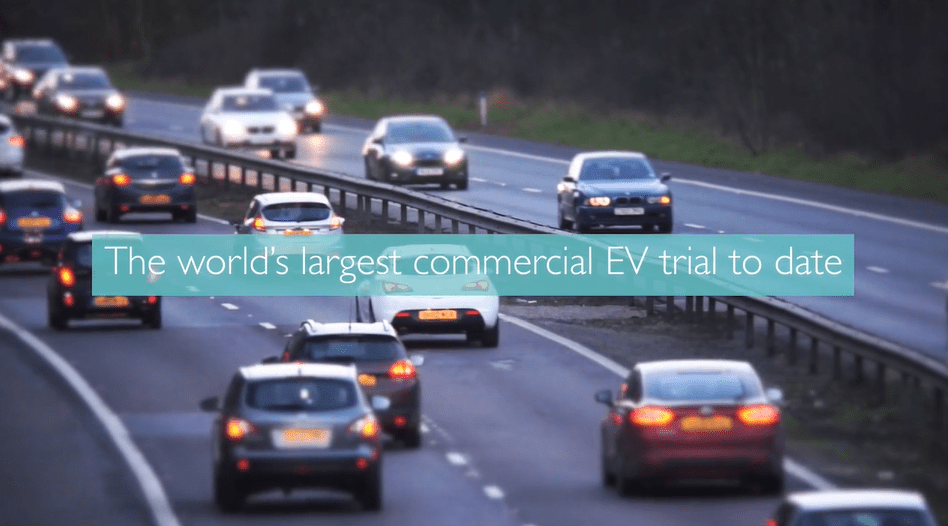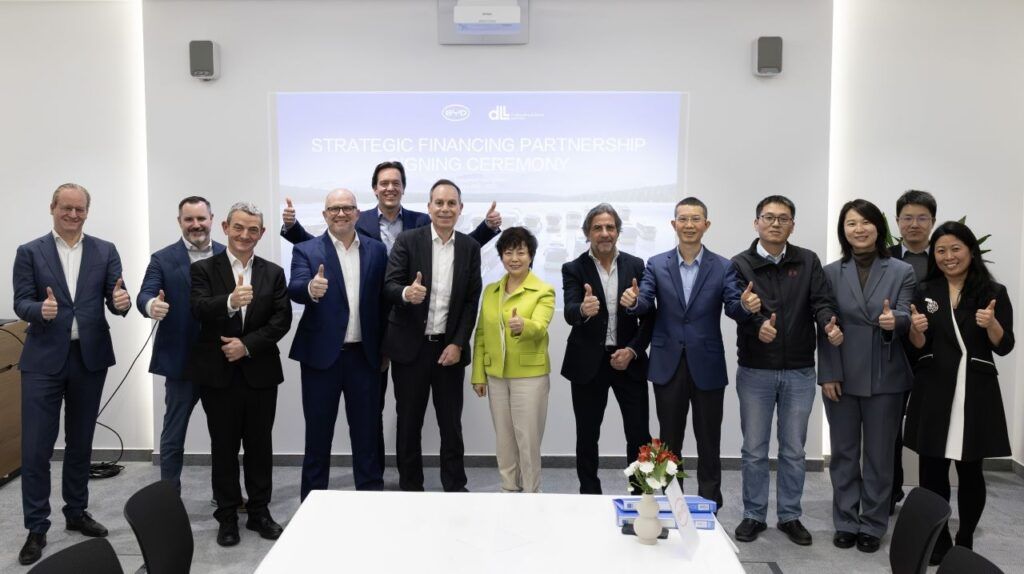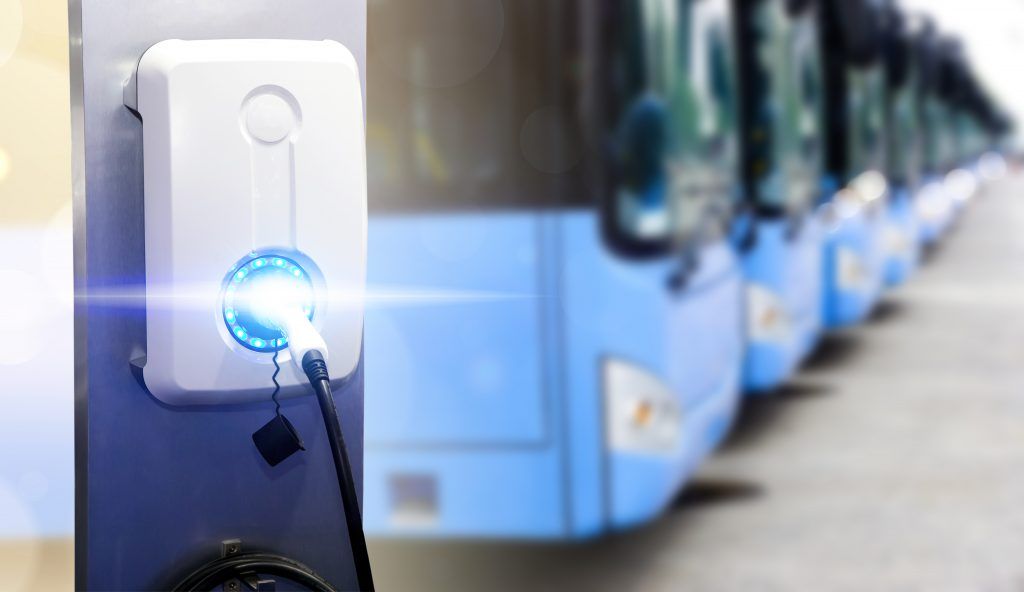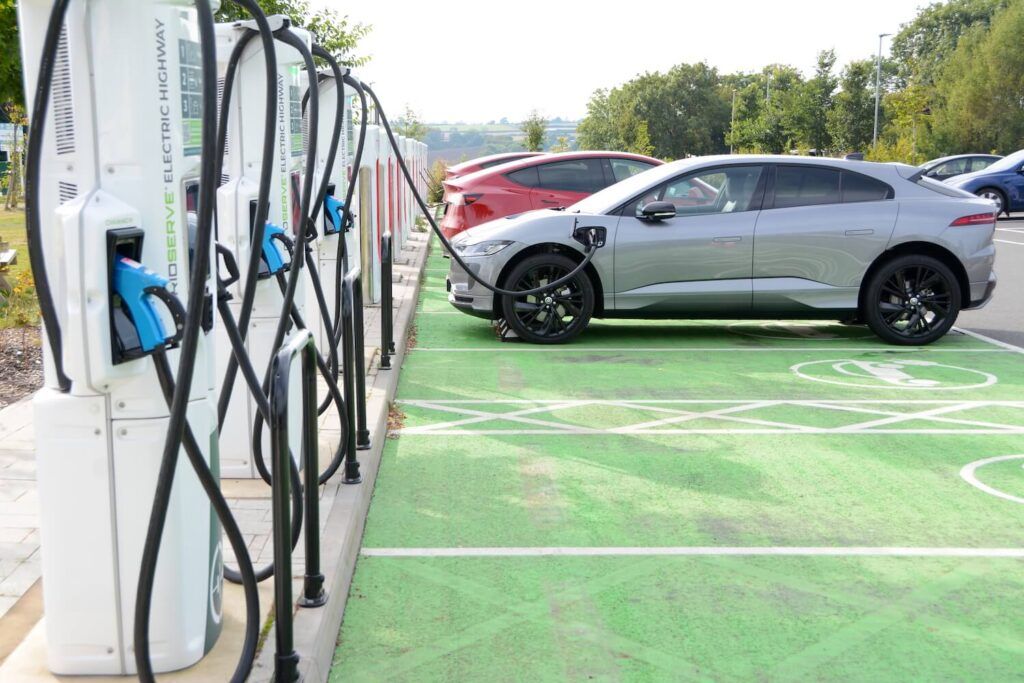Optimise Prime, the world’s largest commercial electric vehicle project, which trialled over 8,000 electric vehicles from fleets in the UK including Centrica and Uber has come to an end.
The outcomes of this landmark study follow a year-long trial, and could help unlock the mass rollout of EV fleets across UK and beyond. The trials unveiled many considerations for fleet managers to ensure a successful transition to EVs and new products that DNOs can offer fleets, which will help use grid infrastructure more efficiently.
They also indicated that fleets participating in flexibility services could save network customers millions of pounds by 2030 across the UK, and cover up to 20% of fleet charging costs.
The fast roll out of electric vehicle fleets is vital for the UK to meet its net zero goals. The sixth carbon budget requires that all new cars and vans are low-carbon and largely electric by the early 2030s. The Climate Change Committee also advises that companies lead the transition to electric vehicles in the UK by switching their vehicle fleets to EVs in the 2020s.
The Optimise Prime trials began in July 2021 and have been led by Hitachi Europe and electricity distributor UK Power Networks. The trial saw over 8,000 electric vehicles from Centrica, Uber and a large UK depot-based parcel carrier take to the roads across the UK, supported by distribution networks including Scottish and Southern Electricity Networks, and partners Hitachi Vantara and Novuna Vehicle Solutions. The trials included depot, home, and on-the-road charging.
The project delivered an end-to-end overview of what the switch to EVs means for the cables and substations that deliver electricity to the community, for the businesses that need to invest in new infrastructure, and for the fleet owners that need to power their vehicles. Advice was also provided to fleet operators to ensure they were getting the most out of the project.
Key interim findings of the trial found that:
- EV models can cover the typical range requirements for all three types of fleets, making electrification feasible and achievable
- To enable the private hire EV transition, a London Borough such as Tower Hamlets alone will need around 3,200 more chargers by 2025
- In the longer term, the trials highlight how EV fleets can generate revenue and support network operators by offering ‘turn-down’ services where fleets can be charged only when needed, and stop charging during peak times on the electricity network
- Digitalisation can allow for charging to be forecast by fleet and network operators to help manage demand at peak times on the network
“With road vehicles being the biggest producer of the UK’s transport emissions, it is clear that individuals and businesses need to make the move to more sustainable transport.” said John Whybrow, Optimise Prime Business Lead at Hitachi Europe Ltd. “Our work alongside key partners in this trial has shown that the ambitious EV rollout is possible, and with the use of data, we can overcome the challenges being faced by businesses such as costs and charging availability. Making the transition to EVs easier and cheaper is key in accelerating the road to net zero, not just in the UK but globally.”
Ian Cameron, Director of Customer Service and Innovation at UK Power Networks said: “Electrifying your vehicle fleet is a big step to take, but we are making it cheaper, quicker and easier than you ever thought possible; our project has proved that. We set out to come up with practical solutions to cut the cost of fleets going electric and that’s exactly what we have done – along with a mass of insights and learnings to help fleet managers. Just one example is how using smart charging can go a long way to lowering your up-front costs. And perhaps the best feedback we’ve had is from a fleet manager in the trial who said they had no idea of all the clever things happening in the background because it happened seamlessly without impacting on operations.”
Careful planning is essential for fleet managers as they consider transitioning to EVs. Hitachi has put together a comprehensive guide based on the experiences of Optimise Prime which considers business needs, site constraints (both physical and electrical) and the management of changes to business processes.
This, plus the final results and datasets on commercial EV charging and use will be shared openly on the UK Power Networks’ open data platform in the coming months to help the wider industry be better prepared for making the switch.
To find out more about Hitachi’s Zero Carbon offerings for Fleet Optimisation visit: https://zerocarbon.hitachi.com/












